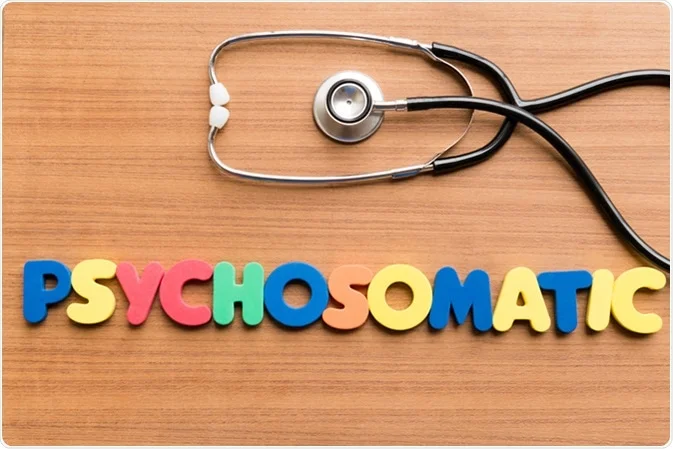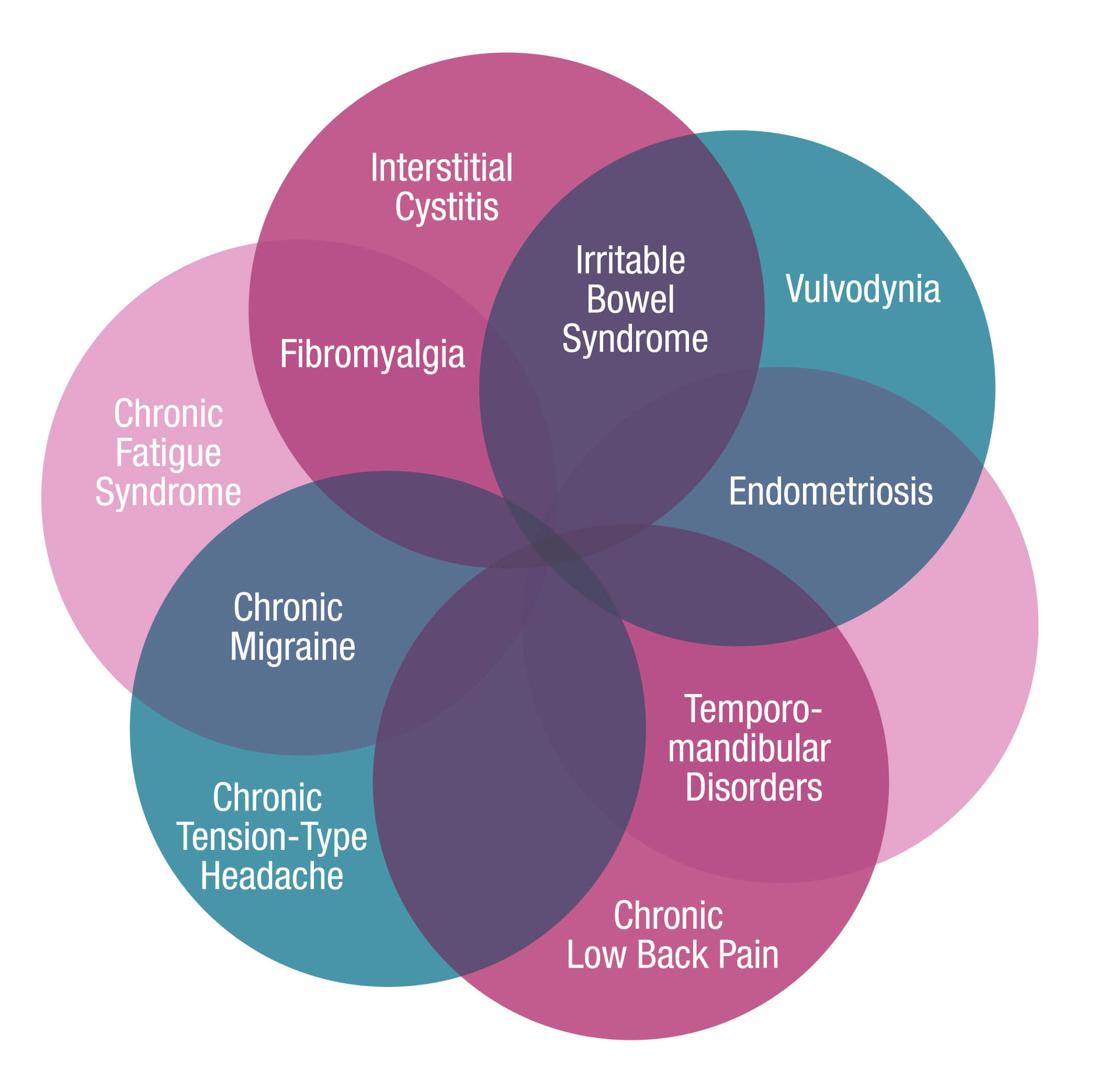Understanding the Basics
Nutrition and diet are fundamental to our well-being. The food we consume provides the energy and nutrients necessary for growth, repair, and overall health. A balanced diet comprises a variety of foods from different food groups, including:
- Carbohydrates: The body’s primary source of energy.
- Proteins: Essential for building and repairing tissues.
- Fats: Important for energy storage, hormone production, and cell function.
- Vitamins and Minerals: Micronutrients vital for various bodily functions.
The Importance of a Balanced Diet
A balanced diet can:
- Boost Immunity: Strengthen your body’s defense against illnesses.
- Promote Weight Management: Help you maintain a healthy weight.
- Improve Mental Health: Support cognitive function and mood.
- Reduce the Risk of Chronic Diseases: Lower the risk of heart disease, stroke, diabetes, and certain cancers.
- Enhance Energy Levels: Provide sustained energy throughout the day.
Key Dietary Guidelines
- Eat Plenty of Fruits and Vegetables: Aim for at least five servings a day.
- Choose Whole Grains: Opt for whole-grain bread, pasta, and brown rice over refined grains.
- Limit Processed Foods: Reduce consumption of processed foods high in unhealthy fats, sodium, and added sugars.
- Control Portion Sizes: Be mindful of portion sizes to avoid overeating.
- Stay Hydrated: Drink plenty of water throughout the day.
- Limit Sugary Drinks: Reduce consumption of sugary drinks like soda and juice.
- Cook at Home: Prepare meals at home to have better control over ingredients and portion sizes.
Common Dietary Mistakes to Avoid
- Skipping Meals: This can lead to overeating later in the day.
- Emotional Eating: Avoid using food to cope with stress or emotions.
- Excessive Sugar Intake: Limit added sugars in your diet.
- Neglecting Fiber: Include plenty of fiber-rich foods to aid digestion.
- Overreliance on Processed Foods: Choose whole, unprocessed foods whenever possible.
Seeking Professional Advice
If you have specific dietary needs or concerns, consult with a registered dietitian. They can provide personalized advice and help you create a meal plan tailored to your individual goals.
By making informed choices about your diet, you can fuel your body for optimal health and well-being.



